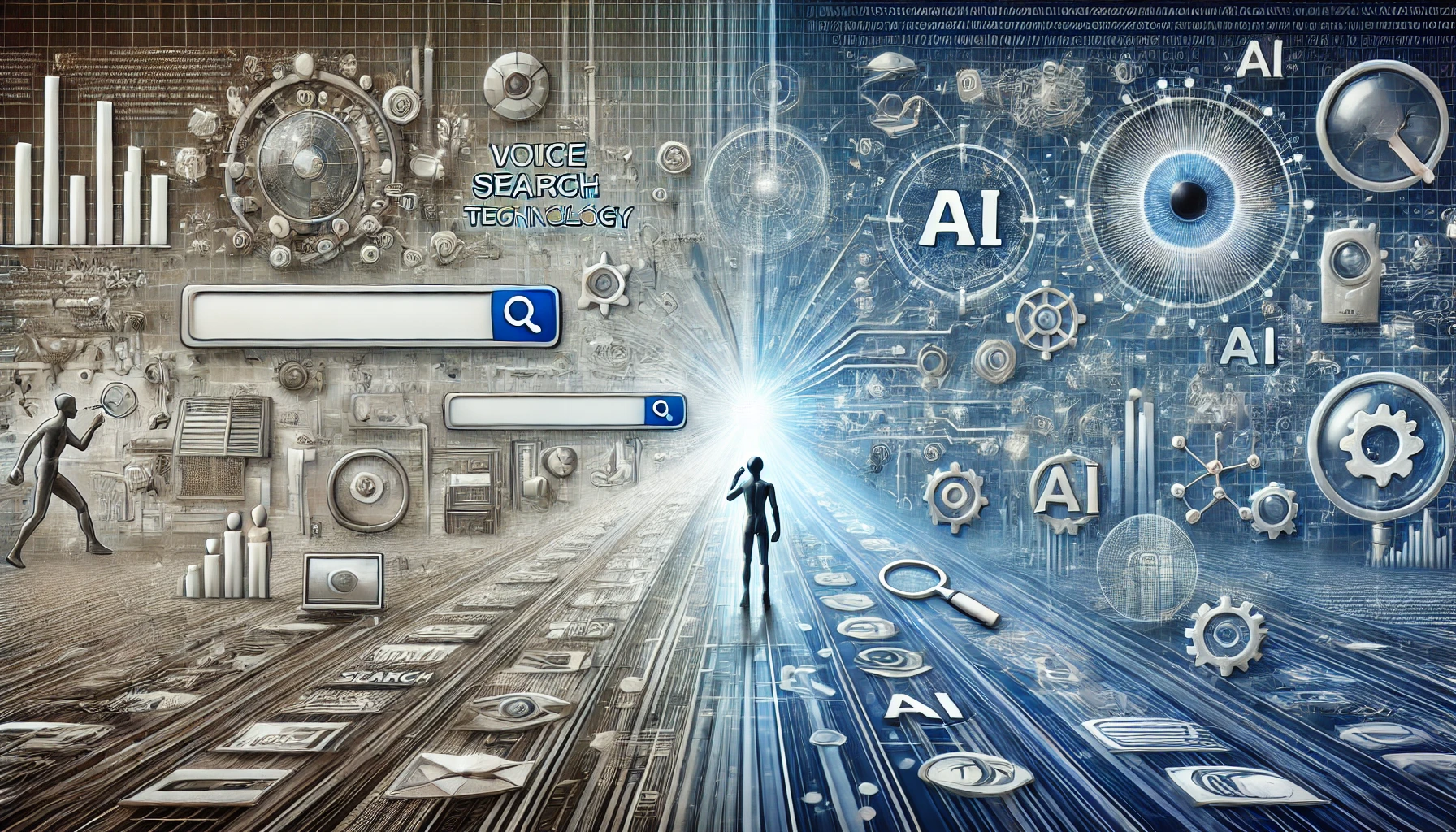
Artificial Intelligence (AI) has significantly impacted various industries in the last few years, and search engine technology is no exception. As we look ahead to the next decade, AI’s role in transforming how search engines function and deliver results, and its impact on search, is expected to be profound. Here’s how AI will revolutionize search engine technology:
1. Enhanced Personalization
AI will enable search engines to deliver highly personalized results based on a user’s search history, preferences, and behavior across different platforms. By understanding the nuances of user intent, AI can tailor search results to meet individual needs more effectively, making search experiences more intuitive and efficient.
2. Natural Language Processing (NLP) Advancements
With ongoing improvements in NLP, search engines will better understand and interpret complex queries, even those that are conversational or ambiguous. This means that users will be able to search in more natural, human-like ways, and the search engines will be able to parse and respond to these queries with greater accuracy.
3. Voice Search Dominance
As AI continues to evolve, the prevalence of voice search will grow. Search engines will increasingly rely on AI-driven voice recognition technologies, allowing users to interact with search engines as they would with another person. This shift will also necessitate changes in how content is optimized, with a focus on long-tail keywords and natural language phrasing.
4. Visual Search and Image Recognition
AI-powered visual search technology will become more prominent, allowing users to search using images instead of text. As AI enhances image recognition capabilities, search engines will be able to provide more accurate results for queries based on photos, screenshots, or even real-world objects captured by smartphone cameras.
5. Improved Search Relevance with AI Algorithms
AI algorithms will continue improving search results’ relevance by analyzing vast amounts of data and learning from user interactions. Machine learning models will identify patterns and trends that traditional algorithms might miss, leading to more relevant and precise search outcomes.
6. AI in Content Creation and Curation
As AI-generated content becomes more sophisticated, search engines will need to distinguish between AI-created content and human-generated content to maintain quality standards. Moreover, AI will help in curating content that best answers user queries, improving the overall search experience.
7. Ethical Considerations and Bias Mitigation
AI in search engines will also bring challenges related to ethics and bias. As AI algorithms are trained on large datasets, there’s a risk of inherent biases affecting search results. The next decade will see a stronger emphasis on developing AI systems that are transparent, unbiased, and ethical.
8. AI-Driven Analytics for SEO
AI will revolutionize Search Engine Optimization (SEO) by providing deeper insights into how users interact with search engines and content. SEO strategies will evolve, driven by AI analytics that offer real-time data on user behavior, search trends, and the effectiveness of keywords.
Conclusion
The next decade will witness a remarkable transformation in search engine technology, driven by AI. From personalized search experiences to enhanced understanding of natural language and visual inputs, AI will make search engines smarter, more intuitive, and more aligned with user needs. As these technologies evolve, they will not only change how we search but also redefine our interactions with the digital world.
Tags: #AIinSearch #ArtificialIntelligence #DigitalTransformation #FutureOfSearch #VoiceSearch


